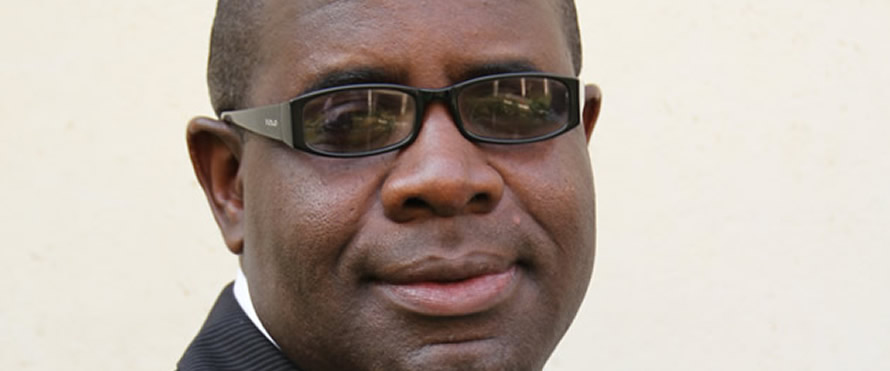
The Sunday News

Auxilia Katongomara recently in Harare
ZIMBABWEANS want an inclusive economic framework that promotes equal distribution of resources to deal with perceived marginalisation and closure to the emotive Gukurahundi issue, the National Peace and Reconciliation Commission (NPRC) has said.
Presenting findings from stakeholder consultations held countrywide at the NPRC National Convergence and Validation Conference in Harare last Wednesday, Commissioner Netty Musanhu said from across the board Zimbabweans bemoaned marginalisation and unequal distribution of economic resources.
“Issues of inequality in the allocation and sharing of natural and economic resources were raised throughout the consultations and it has its roots in the liberation struggle.
“From across the board there was the issue of unequal distribution of resources, economic exclusion, marginalisation and rising mis-management of resources (corruption). There is not one area where we went that people were not talking of high levels of corruption and how that is causing a lot of conflict across the board.
“People will say everything we are experiencing now has its roots in the pre-independence period. When we look at this period we are looking at land dispossession and this land issue has its roots in the pre-independence era and has caused a lot of conflict throughout the country’s historical period,” she said.
This period, she said, also raised the issue of inequality in the allocation and sharing of natural and economic resources and breeding of a culture of violence.
“And we talk about violence and how it manifests itself today, again people will tell you it started in the liberation struggle and nothing has been done, since 1980 there has been no re-integration and rehabilitation and we’ve moved on as a country,” she said.
Comm Musanhu said the disturbances of the 1980s were the most emotive period.
“The next period that was extremely important that people felt very emotional about was the Gukurahundi issue. When we engaged people they said there was need for a well thought out strategy for bringing closure so you can’t just cut and paste.
“You can’t tell us what you are proposing for Mashonaland, you need a well thought out strategy to deal with our issue, that’s what the Commission was told. There is need for truth telling, healing, unification effort and reconciliation efforts as you look at this particular period,” she said.
From the findings, Comm Musanhu said the 2008 election and post-violence period bred a lot of political intolerance and violence.
“A lot of what is happening today you can trace back to 2008, how some of those issues have not been resolved or acknowledge. Again issues of rehabilitation and protection and justice for victims of 2008 violence, so how do we go or plan onto the future before we have talked about the 2008 political violence in terms of ensuring that the victims that we intend to engage feel safe and protected,” she said.
She said it emerged during the consultations that women and youth were afraid of elections.
“One of the critical issues that kept on coming was the challenge associated with peaceful management of political transitions for example elections.
“When we talked to women and youth, they are afraid of elections and you need to understand why. You talk to women and youth and they tell you why should I vote? I don’t want to vote, I am afraid.
“This is because of the culture of violence that has over the years bred a lot of fear disfranchised vulnerable groups,” she said.
She said the culture of violence cuts across from the home through to the communities.
“We have more or less from what the communities were saying, we have become a violent nation where violence is accepted and normalised.
“We need to deal with this issue as a nation and this was a strong feedback from across the nation,” said Comm Musanhu.
She explained that the consultations were targeted at a small group of about 100 to 200 people and they were not hearings but were meant for a critical group of stakeholders. The findings would be incorporated into the strategic planning process of the Commission as it rolls out its mandate. -@AuxiliaK



